Purpose of The Stanley M. Marks Blood Cancer Research Fund
Provides seed money for young investigators as they build their research program for the future as well as for senior investigators to conduct highly innovative or specialized research projects.
Supports recruitment of new leaders.
Provides support to launch unique programs and major initiatives, like early diagnosis of blood cancers.
Promotes the pursuit of continued excellence in patient care, for which Dr. Marks has set the standard.
Stanley Marks Research Fund Recipients - 2023

Kelly M. Bailey, MD, PhD
Pediatric Oncologist and Physician Scientist
UPMC Children's Hospital of Pittsburgh
UPMC Hillman Cancer Center
The support my lab received from the Stanley M. Marks Research Fund helped our team develop a very unique model of Ewing sarcoma, a bone cancer diagnosed in adolescents and young adults. We are now using this model to better understand the ways immune cells interact with Ewing tumors and to test new treatments for Ewing sarcoma. Thanks to this early support, our lab continues to work locally and nationally to find better cures for patients with aggressive Ewing sarcoma.

Tullia C. Bruno, PhD
Cancer Immunology & Immunotherapy Program & Tumor Microenvironment Center at UPMC Hillman Cancer Center
Assistant Professor, Department of Immunology, University of Pittsburgh Chair, Women's Initiatives Taskforce, UPMC Hillman Cancer Center
We were humbled to receive support from the Stanley M. Marks Blood Cancer Research Fund. My lab at the UPMC Hillman Cancer Center focuses on how to improve immunotherapies for patients that do not currently garner therapeutic benefit from targeting the immune system. Through the Marks Funds, we are understanding how to target the entire tumor microenvironment of solid tumors for improved response rates in cancer patients. We hope that our comprehensive approach leads to novel clinical trials in the next several years.
Stanley Marks Research Fund Recipients - 2022
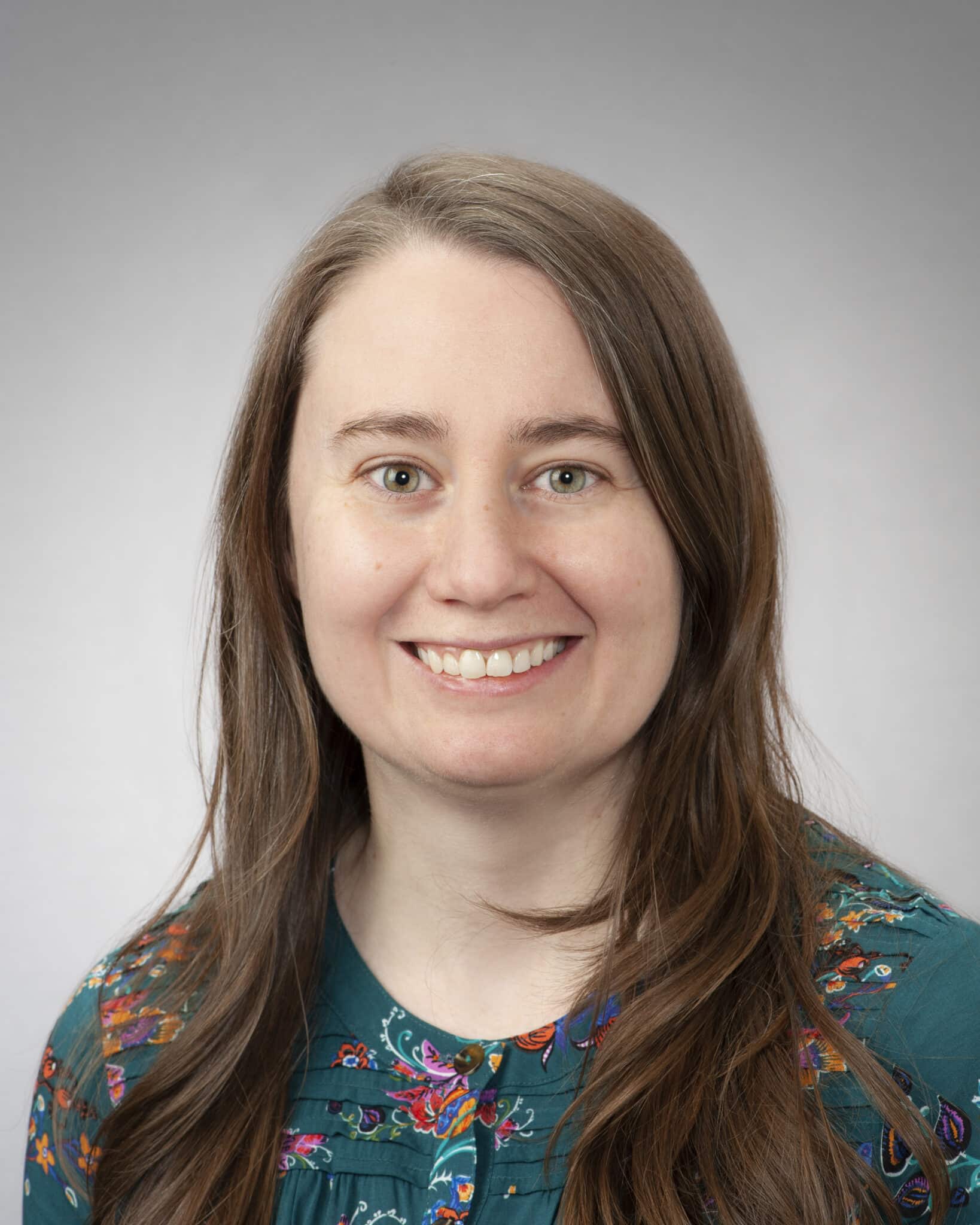
Lisa Maurer, MD, PhD
Pediatric Oncologist & Physician Scientist
UPMC Children's Hospital of Pittsburgh
As a pediatric oncologist my goal is to develop targeted cancer treatments that allow us to cure children with leukemia and lymphoma with fewer long-term effects. The Stanley M. Marks Blood Cancer Research Fund awarded us a grant for our preclinical studies investigating a new small molecule we identified to target a specific subset of leukemia and lymphoma driven by the MALT1 oncogene. This grant will allow us to conduct laboratory studies to determine how this small molecule affects lymphoma cell survival in the context of immune cells.
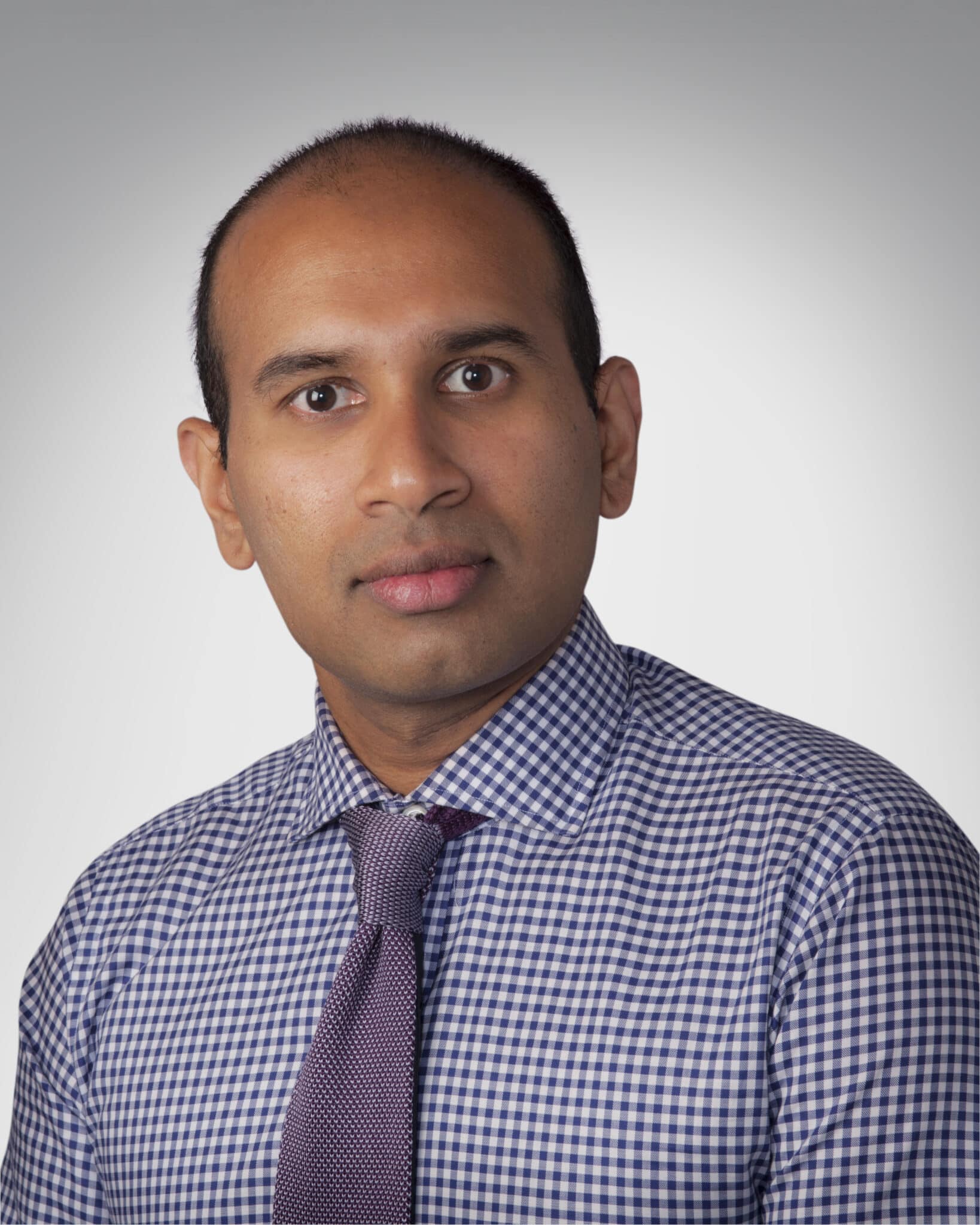
Diwakar Davar, MD
Oncologist & Melanoma Research Scientist
UPMC Hillman Cancer Center
The support from the Stanley M. Marks Research Fund was critical to the implementation and conduct of next-generation clinical trials and biorepository efforts in microbiome-oriented translational research. These trials and biorepository samples will help clarify the role of native gut flora in mediating the development of response and adverse events in patients treated with anti-PD-1 immunotherapy across all cancers. I am deeply grateful to Dr. Marks and those who have contributed to this fund for making this work possible.
Stanley Marks Research Fund Recipients - 2021
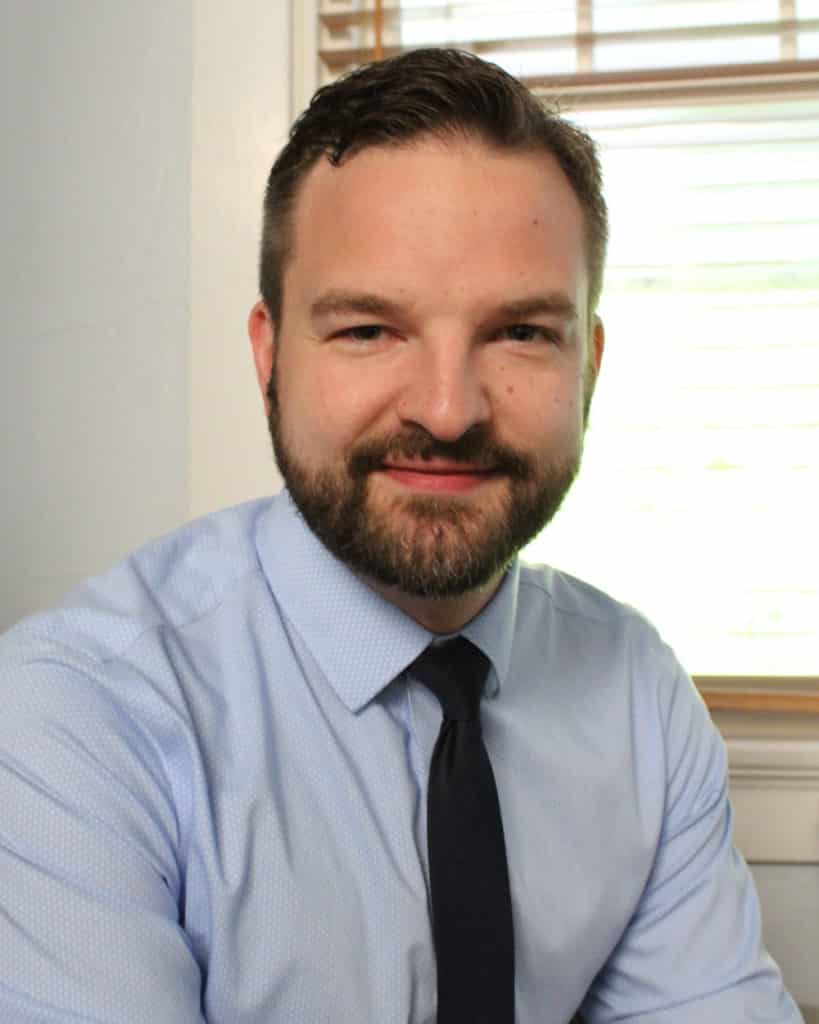
Greg M. Delgoffe, PhD
Assistant Professor
Tumor Microenvironment Center
Department of Immunology
University of Pittsburgh
We were honored to receive support from the Stanley M. Marks Blood Cancer Research Fund earlier this year. My lab at UPMC Hillman Cancer Center studies how to reprogram immune cells to attack cancer cells. While these immune-based therapies have shown success in some patients, most do not respond, or they develop resistance. Through support of the Marks Fund we are dissecting how to endow therapeutic immune cells with the ability to persist and maintain their anti-cancer function long after a patient is treated.
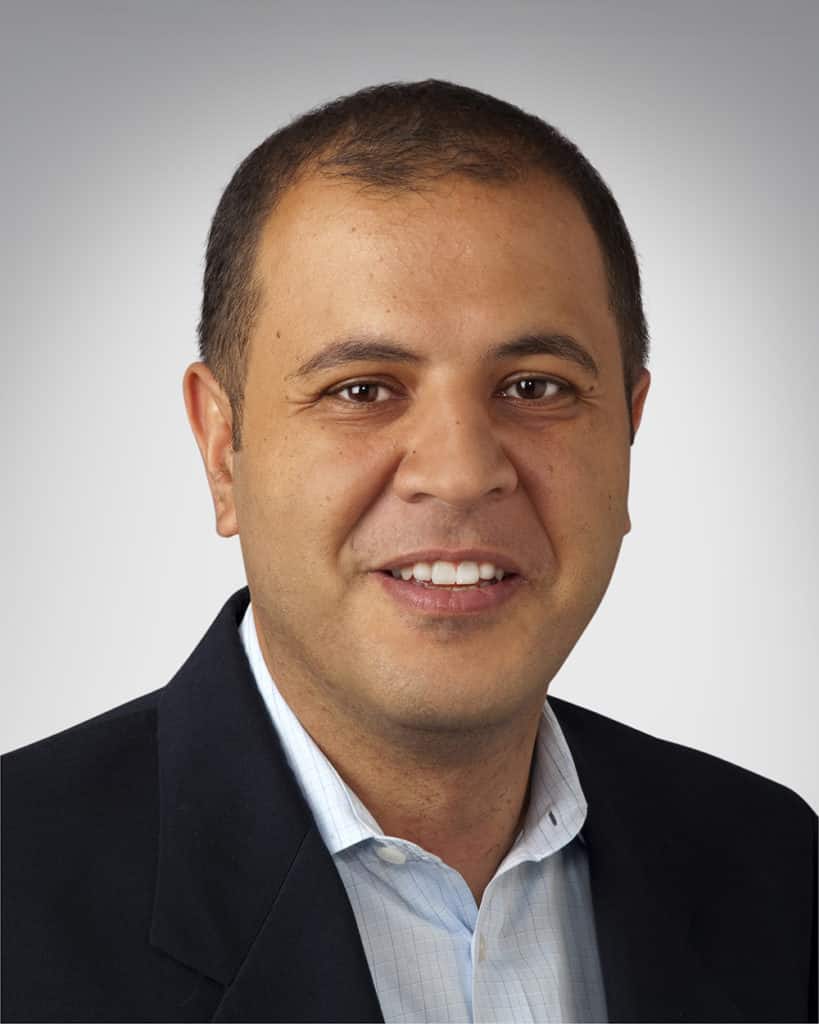
Rafic Farah, MD
Medical Oncologist UPMC Hillman Cancer Center
As a medical oncologist who specializes in stem cell transplant for hematologic malignancies including lymphoma, leukemia, and myeloma, we are always searching for better methods to treat our patients. The Stanley M. Marks Blood Cancer Research Fund awarded us a grant for our study of immunosuppressive medications following what's called a haploidentical stem cell transplant. It uses healthy, blood forming cells from a half-matched donor, typically a family member, to replace the unhealthy ones. We were able to accrue 10 patients into this study and will be analyzing data to determine the outcome.
Stanley Marks Research Fund Recipients - 2020
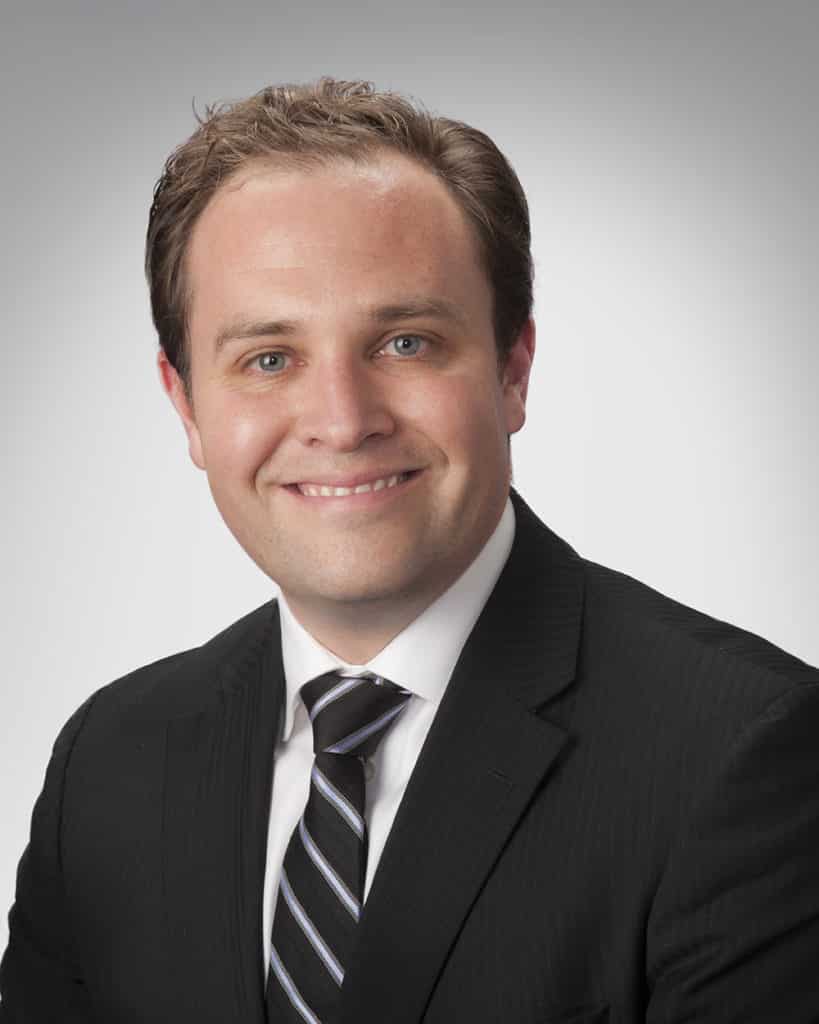
David Clump, MD
Radiation Oncologist
UPMC Hillman Cancer Center
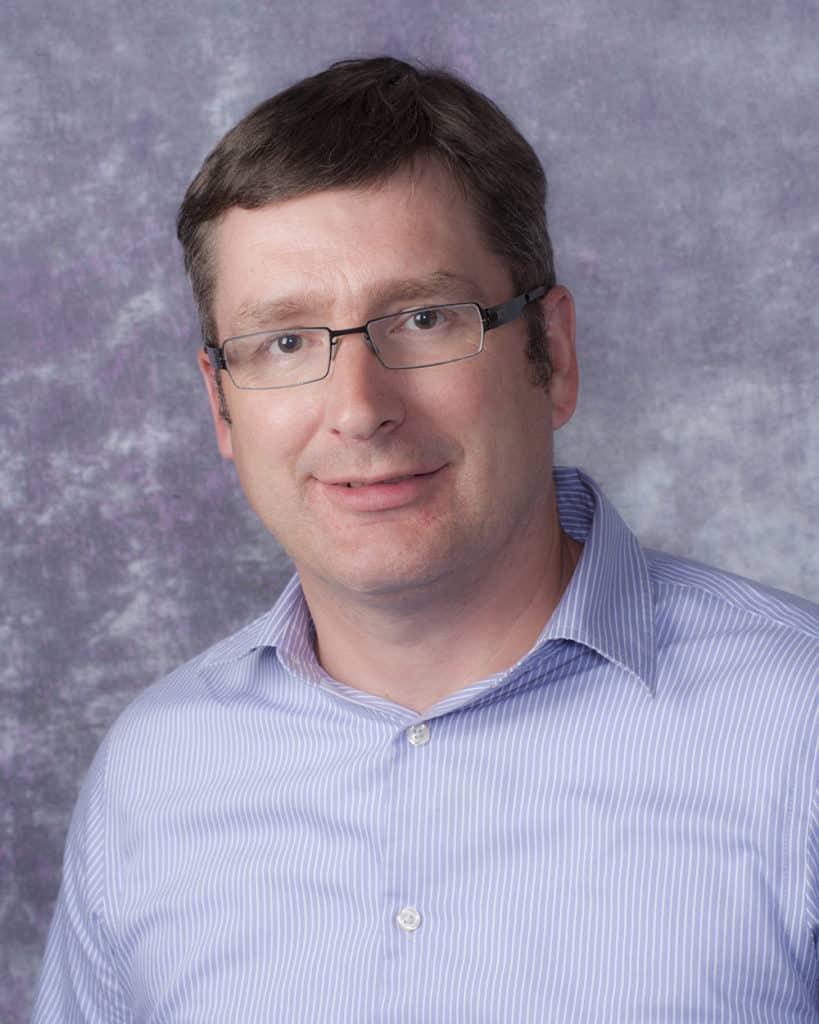
Christopher Bakkenist, PhD
Associate Professor of Radiation Oncology and Pharmacology and Chemical Biology
University of Pittsburgh
Initial funding from the Stanley M. Marks Blood Cancer Research Fund was used for preclinical studies to determine how pharmacologic inhibitors of DNA damage signaling combine with radiation therapy to increase anti-tumor immune responses. We were able to discover key interactions between manipulating DNA damage and subsequent immune response. With this support and this early study, we were able to receive a large federal award to continue exploring the basic principles of this interaction in the laboratory as well as translating these findings clinically into more rationale and potentially advantageous clinical trials exploring the combination and sequencing of radiation and immune therapies.


